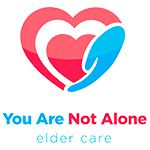You Are Not Alone
Elder Care LLC
Aging and End of Life Care, Support and Education Serving the State of New Jersey
TAKEAWAYS
How Well Are You Responding to Taking Care Of Your Aging Parents?
Evaluating Caregiving Options
How Well Are You Responding To Aging?
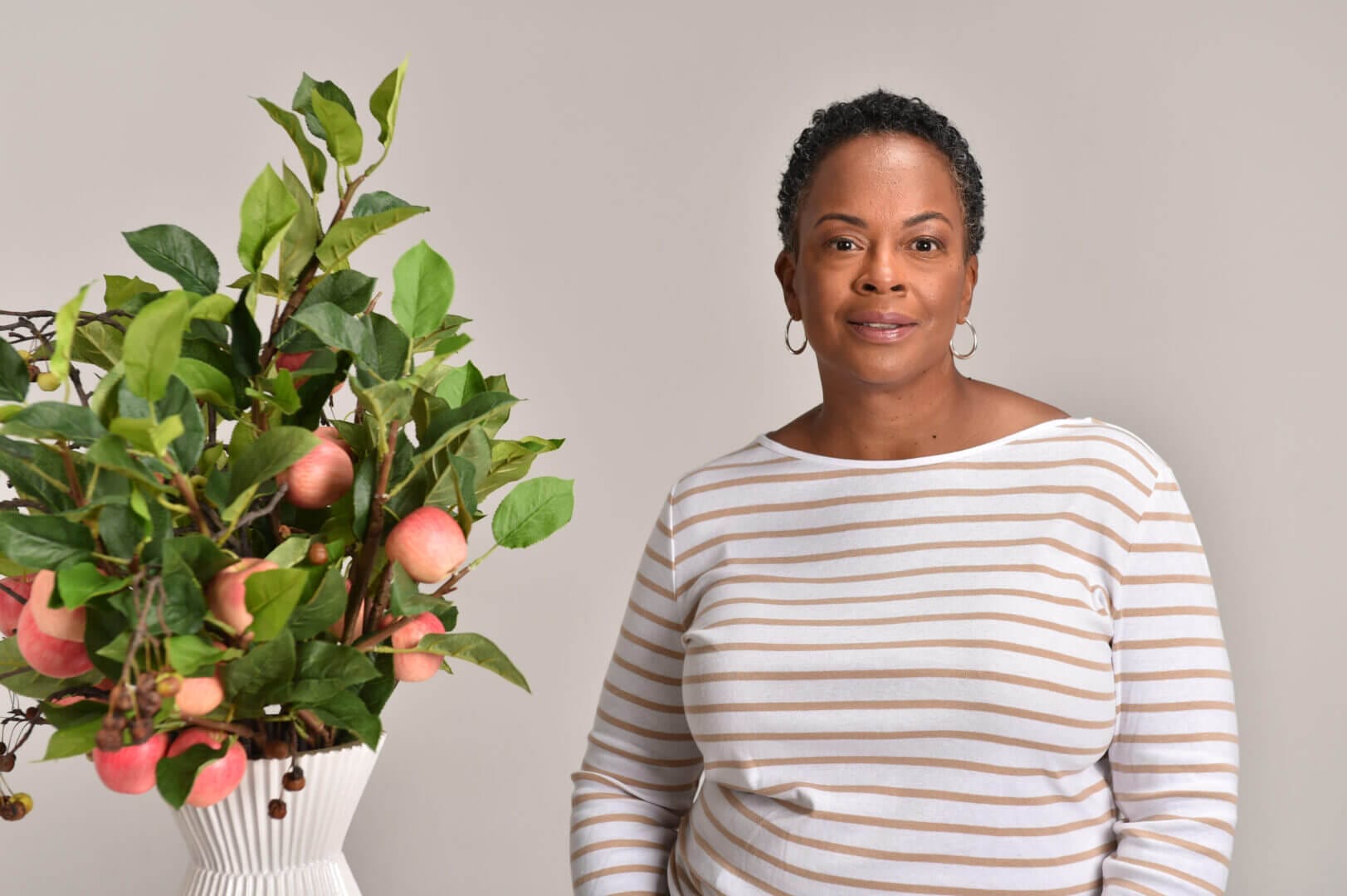
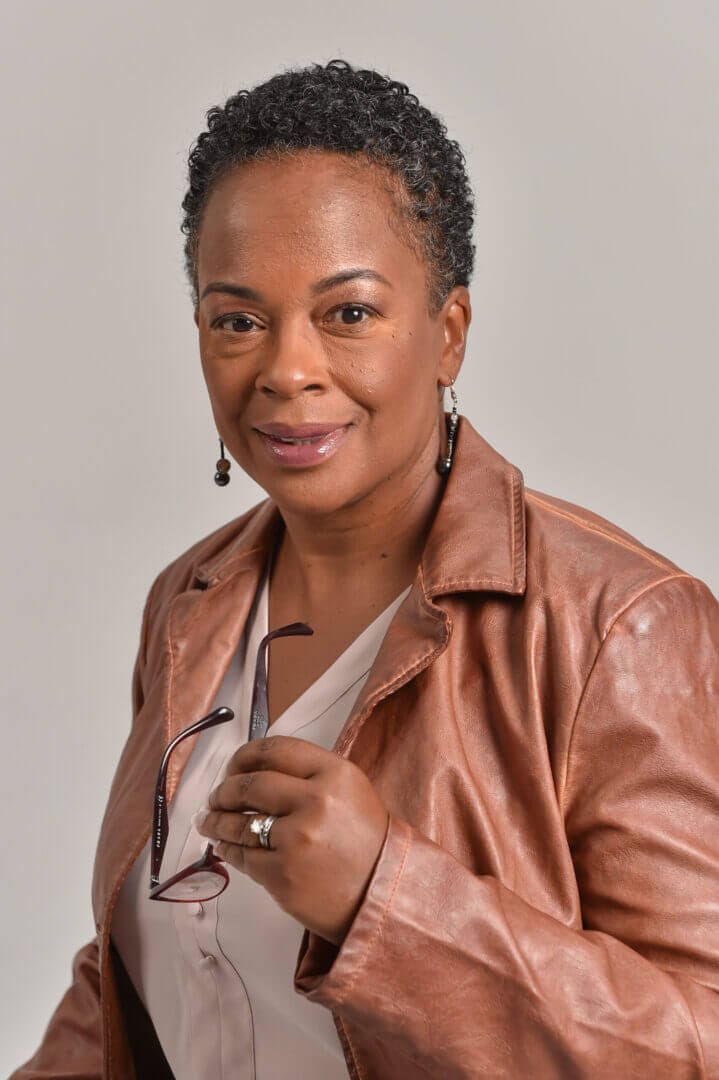
Who AM I?
Problems and Solutions
How incredible would it be to go about your day knowing your parents are safe, mentally stimulated, and socially engaged?
How peaceful would it feel to show up at your parents’ home without a list of chores that need to be done?
How supportive would you feel knowing there is someone who not only cares for your parents but is available to support and listen to your struggles?
You can have peace of mind without sacrificing your parents’ well being. I provide solutions to loneliness, role changes, loss of independence and grief. When you partner with me, your aging parents will receive quality of life, mental stimulation, and socialization.
Your concerns will be heard and addressed.
MEET
Adrian Allotey
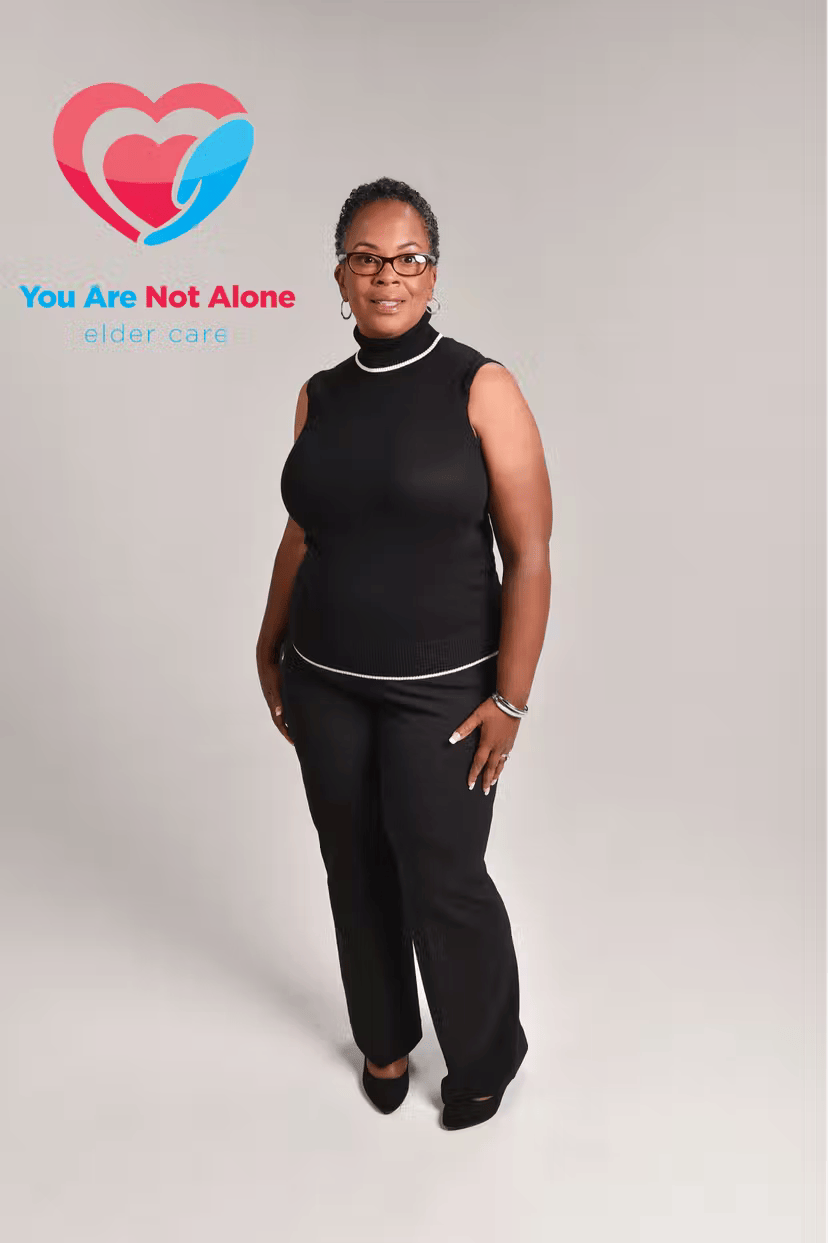
Solutions to Caregiving, Loneliness, Role Reversal, Loss of Independence and Grief
Adrian Allotey, is living a purposeful life as a result of responding to an universal calling; service to elders and their loved ones. As an eldercare specialist, aging companion and end of life doula, she has made it her life’s mission to promote the elder years as a sacred, beautiful, honorable stage of life. She brings quality of life, mental stimulation, engagement and socialization to the aging and peace of mind to their adult children and caregivers.
services
Adrian Offers a Wide
Variety of Services
Holistic Services
You Are Not Alone Elder Care LLC Companions are specifically trained to provide holistic (physical, emotional, and spiritual) care for the elderly.
We will care for your aging senior by simply being a companion through the aging process. We also provide ongoing support to both the patient and family.
COVID Safety Protocols
You Are Not Alone Elder Care LLC (YANAEC) is focused on quality of life for our clients up until their last breath and has a high regard for client safety, health, and well-being.
YANAEC monitors and implements the recommendations and guidelines provided by the Centers for Disease Control and Prevention and New Jersey’s Department of Health.
Mission and Vision
Mission: We believe that every life matters and is worthy of validation. We assess and provide input to ensure quality of life up until the last breath. We affirm that every person is a culmination of their life’s experiences and not just the place in which they find themselves. We minimize the stressors of the senior years.
Vision: Each moment from birth to death is equally valuable.
Adrian Allotey practices with integrity to safely care for her clients. This includes but is not limited to no prejudice or judgment, respecting others’ opinions, working to the best of her ability, putting her clients’ best interests first and meeting her clients and their families “where they are.”

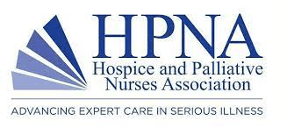


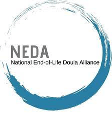

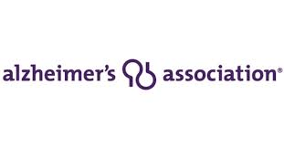
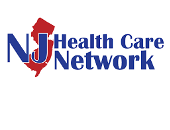
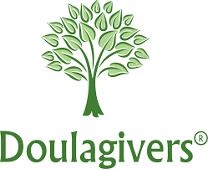
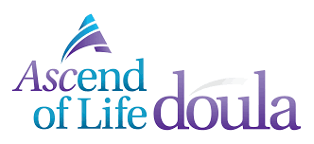
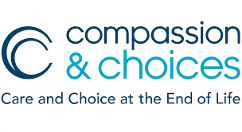
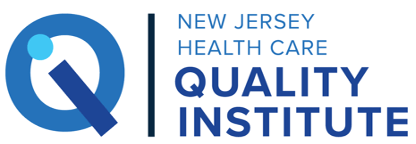
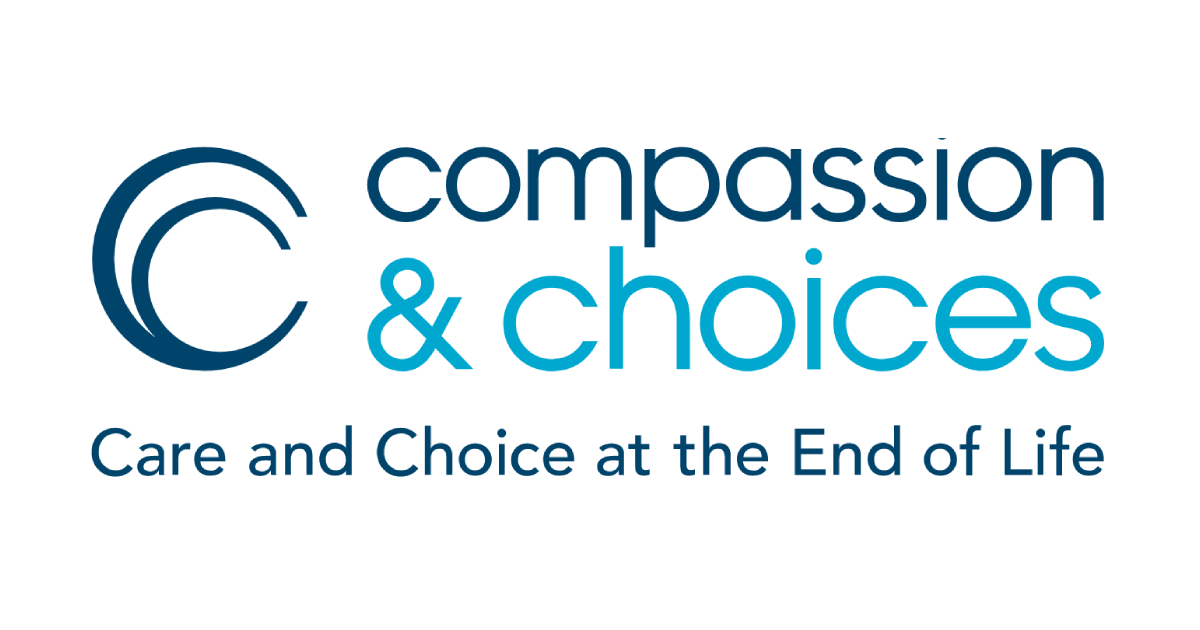




Testimonials
What My Clients Say
Adrian Allotey is a valued contributor at Caregiving.com. She brings important insight on the end-of-life experience to our caregiver community. I am thankful for her ongoing commitment to making sure that information about caring for someone through death and end-of-life
Christina B
Adrian Allotey Founder of You are Not Alone Elder Care is one of the most compassionate and gifted practitioners I have ever met. Her combined expert knowledge mixed with her way of making you feel comfortable, cared for and secure-
